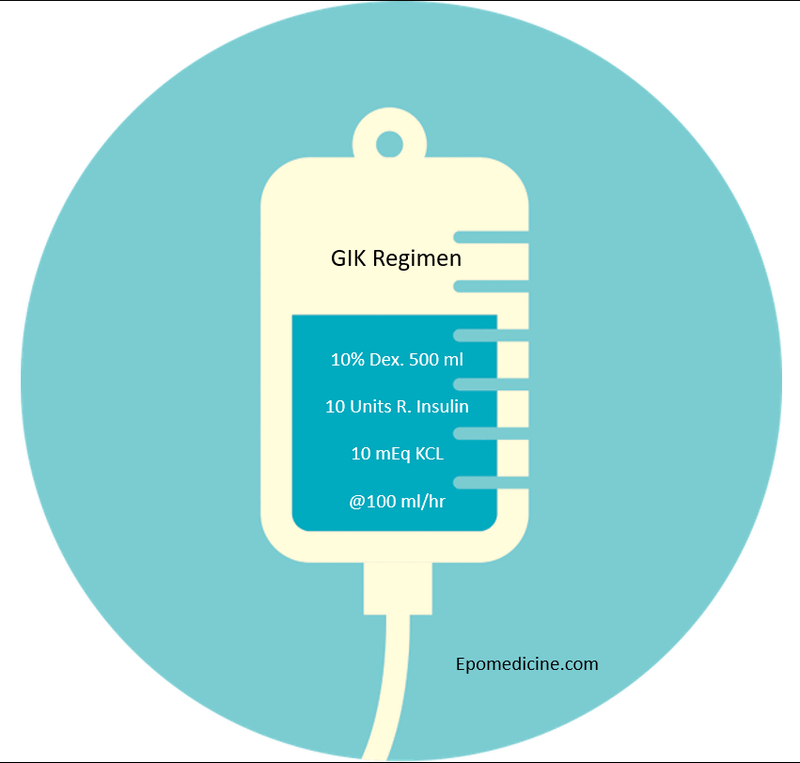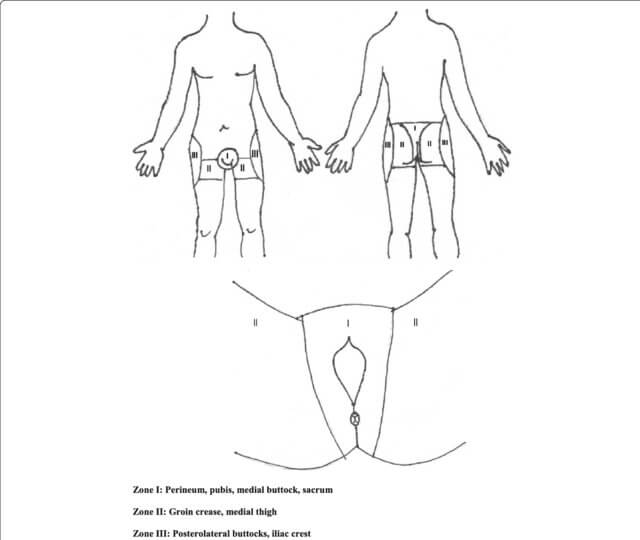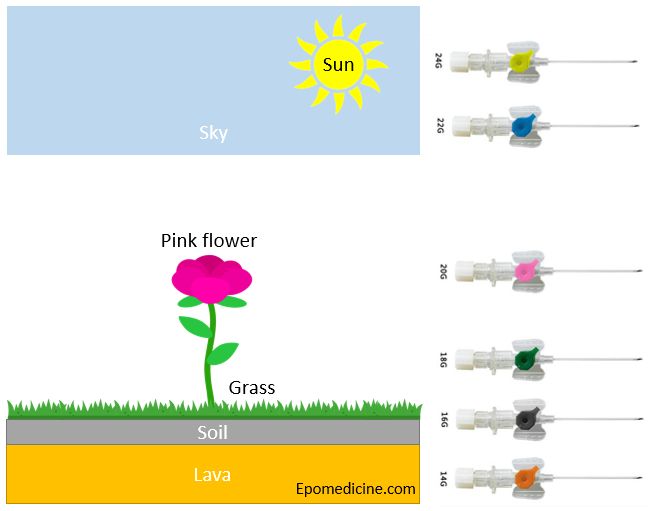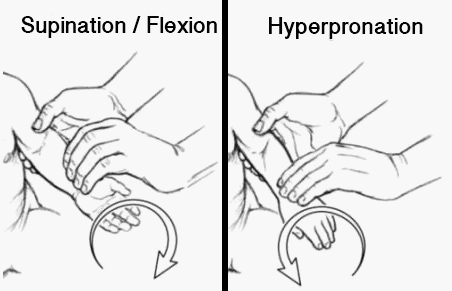Mnemonic: CATASTROPHE 1. Caregiver and housing (information on the circumstances of present fall and falls history) 2. Alcohol (including withdrawal) 3. Treatment (medications, recently added or stopped, compliance) 4. Affect (depression or lack of initiative) 5. Syncope (any episode of fainting) 6. Teetering (dizziness) 7. Recent illness 8. Ocular problems…
Category: Emergency Medicine
The Real Emergency Room scenarios, cases and topic reviews. Medical emergency conditions – approach to diagnosis and management.

Organophosphorous poisononing : Mnemonic Approach
A. Muscarinic overstimulation: Mnemonic: DUMBBBELS Diarrhea/Diaphoresis Urination Miosis Bronchorrhea Bronchospasm Bradycardia Emesis Lacrimation Salivation B. Nicotininc overstimulation (NMJ and Sympathetic ganglia): Mnemonic: Monday, Tuesday, Wednesday, Thursday, Friday (MTWThF) Mydriasis/Muscle cramps Tachycardia Weakness Twitching Hypertension/Hyperglycemia Fasciculations C. Nicotinic overstimulation in CNS: Mnemonic: Five Cs Confusion Consternation (anxiety) Convulsions Coma CVS and…

Polytrauma Assessment and Management (ATLS) : Mnemonics
SIEVE triage system Mnemonic: ABC-30-2 Can Do Approach to assessment and initial management Mnemonic: ARM Adjuncts to Primary Survey Reflects the adequacy of resuscitation. Mnemonic: PEA COVER Primary Survey Follow the look, listen, feel approach – Mnemonic: ABCDE 1. Airway and C-spine protection: 2. Breathing: 3. Circulation and control of…

GIK Regimen – Rule of Ten
Interchangably used as: GIK or GKI regimen. GKI stands for Glucose, Potassium and Insulin. This simple and effective combined insulin delivery method has gained wide acceptance in perioperative management of diabetic patients who would require Nil Per Oral (NPO) status. Recently, this composition has also been used for management of…

Open Pelvic fractures – Classification
General principles and classification of open fractures have been discussed earlier. The Gustillo-Anderson classification commonly used for the long bone fractures might not be suitable for open pelvic fractures. Jones-Powell classification It is based on the mechanical stability of the pelvic ring and the potential contamination of the open wound….

IV Cannula Color Code : Tricks to Remember
Present day IV cannulae are available from sizes 14 gauge to 26 gauge with universal color coding for easy recongnition of IV cannula. Smaller the gauge, wider is the cannula and has higher flow rate. Normal adult size: 18-20 G Situations requiring rapid fluid transfusion like trauma: 14-16 G Preferred…

Respiratory Emergencies
Contains concise management of following conditions with flowcharts, tables and figures. This handbook can be helpful for medical students posted in Emergency room or Internal medicine and also for medical officers working in Emergency department. Acute Pulmonary Embolism Acute Exacerbation of COPD Community Acquired Pneumonia (CAP) Healthcare Associated Pneumonia (HAP)/Ventilator…

Pulled elbow reduction
Synonyms: Nursemaid’s elbow, Radial head subuluxation, Elbow subluxation Age: Commonly 1-4 years After 5 years of age, the attachment of the annular ligament to the neck of the radius strengthens Enlargement of the proximal radial epiphysis with growth may also improve stability Presentation: History of pull may be absent in…
